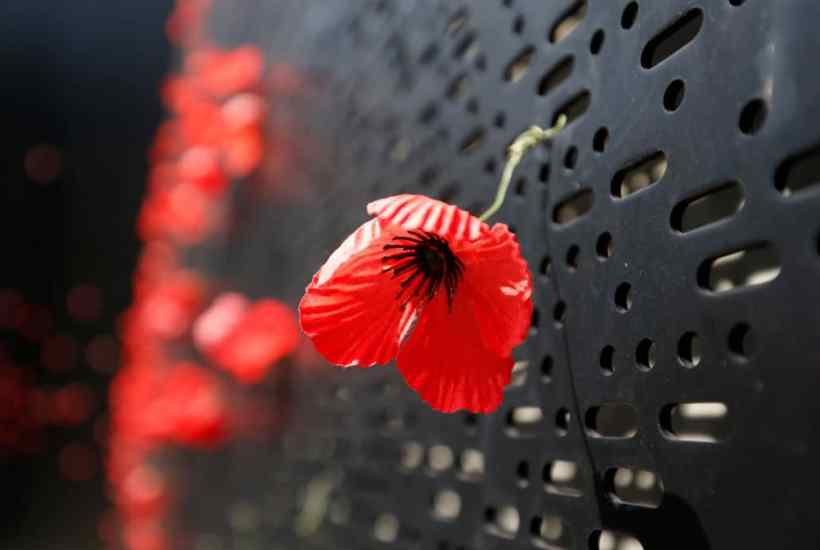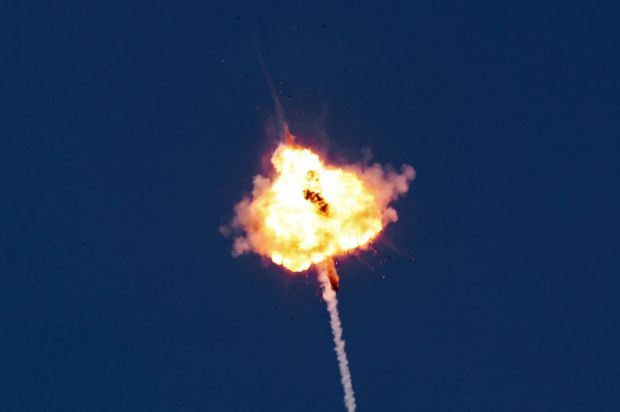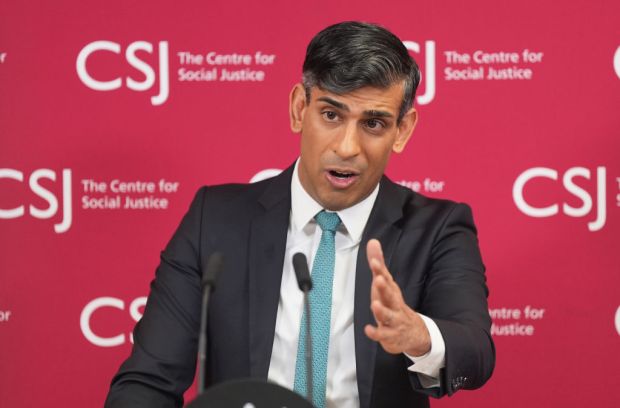Each year, flowers of remembrance are left on the tomb of the unknown soldier in Westminster Abbey. The memorial marks the resting place of a nameless British soldier who fell on the battlefields of Europe during the First World War. But this hero is far from alone in his identity being lost to history. More than a century on from the end of the Great War, the contribution of half-a-million Punjabis who fought has been all but forgotten.
The Punjab, or ‘land of the five rivers’ – a region now divided between what is post-partition India and Pakistan – remarkably provided more soldiers (Sikhs, Muslims and Hindus) towards the allied war effort than Australia. Yet until now, this contribution has gone largely unnoticed. Is this now about to change?
Punjabi soldiers fought with British and other allied troops in the trenches of the Western Front, Gallipoli and in Africa and the Middle East. Among those who made the ultimate sacrifice is Arjan Singh (36th Sikhs) from Ludhiana District (India), who was killed in action in Basra. Singh is the great-uncle of retired teacher Davinder Dhillon, who organises the annual Chattri memorial service for World War 1 Indian soldiers on the Sussex Downs.
Will heroes like Arjan Singh now get the recognition they deserve? The efforts of the UK Punjab Heritage Association (UKPHA), which has painstakingly waded through 320,000 records of war time personnel obtained through deft negotiation with Lahore Museum in Pakistan, makes it more likely they will. Once the ‘Punjab Registers’ are fully digitised, the names and lives of these forgotten soldiers of empire, including village to village details on family background, pension, rank, regiment, and war service, will be made available. It’s about time their vital role in fighting for freedom was made public. Making this information publicly available on Armistice Day serves not only to recognise Punjab’s incredible contribution to the war effort, but makes this year’s Remembrance services all the more personal for the many British Punjabis who will be able to trace their military ancestry for the first time.
Amongst the great and good of Brits with Punjabi heritage is the Chancellor, Rishi Sunak, and Sajid Javid, the Health Secretary, who famously addressed his mum in Punjabi at the Conservative party conference back in 2019.
But while public figures with Punjabi heritage now occupy great positions of state in Britain, there is little recognition of Punjab’s crucial contribution to the allied war effort. This is particularly noticeable in comparison to the coverage that is rightly given to the heroes of Australia, New Zealand, and Canada who laid down their lives. While soldiers from all corners of the Empire paid their part, the contribution of Punjab was remarkable: although the region made up less than eight per cent of the population of British India, it contributed around 40 per cent of troops from undivided India. These heroes from Sikh, Muslim and Hindu communities had one thing in common: a willingness to make the ultimate sacrifice.
As Dr Gavin Rand of the University of Greenwich, which is involved in digitising the records, points out, the Punjab was ‘the Raj’s principal recruiting ground’. Yet even to many of these soldiers’ descendants, their war service is largely unknown. ‘Few Indian veterans left written records of their service, and many Punjabi family histories are dominated by the upheavals and migrations which followed Punjab’s partition in 1947,’ he points out.
Tory peer Baroness Sayeeda Warsi is among those who have discovered the role their forefathers played: a soldier from her family’s village in Rawalpindi District (Pakistan) served alongside Winston Churchill on India’s North-West Frontier during the war. During her tenure in government, Warsi visited the battlefields of the First World War in both France and Belgium, and rightly made the point that ‘our boys weren’t just Tommies; they were Tariqs and Tajinders too’.
A century on from the war to end all wars, it seems the brave sacrifice made by Punjabi soldiers to the British war effort is finally getting the recognition it deserves.
Got something to add? Join the discussion and comment below.
Get 10 issues for just $10
Subscribe to The Spectator Australia today for the next 10 magazine issues, plus full online access, for just $10.




















Comments
Don't miss out
Join the conversation with other Spectator Australia readers. Subscribe to leave a comment.
SUBSCRIBEAlready a subscriber? Log in